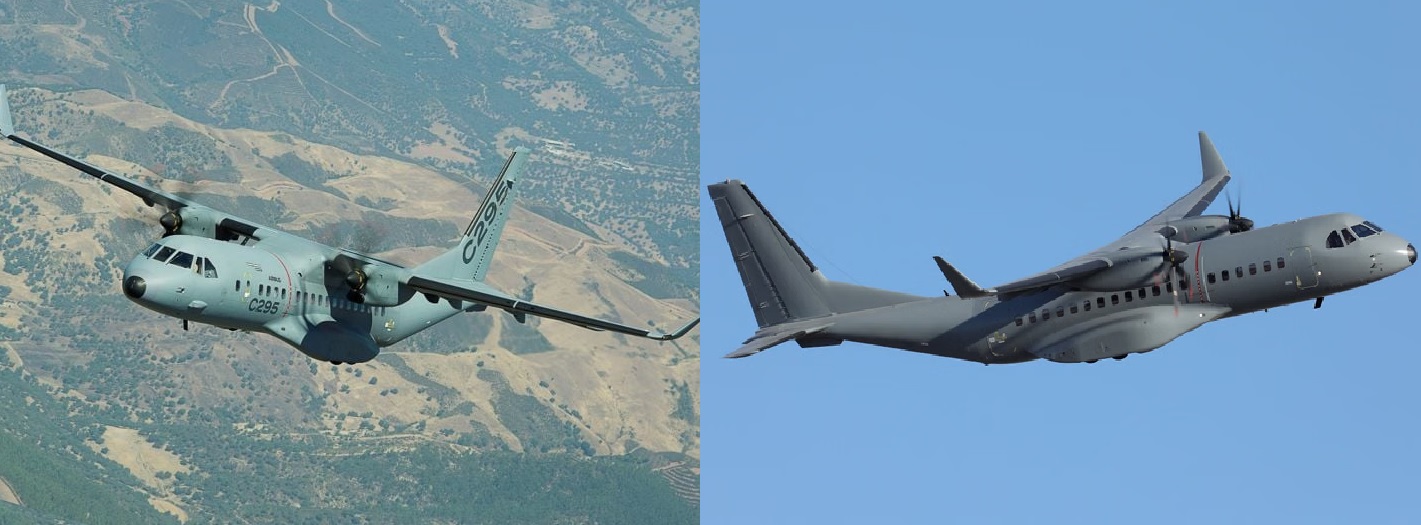UK's New £4.5 Billion Defence Drone Plan: Accelerating Military Innovation

Defense News ,UK :- In a move to strengthen its armed forces, the UK has unveiled a comprehensive strategy for defense drones, supported by a significant investment of at least £4.5 billion over the next ten years. This strategy, inspired by lessons learned in Ukraine, aims to swiftly provide the UK Armed Forces with cutting-edge technology for air, sea, and land operations.
The UK Defence Drone Strategy will streamline the adoption of unmanned systems, fostering rapid experimentation and collaboration among the British Army, Royal Navy, and Royal Air Force. This unified approach, overseen by UK Strategic Command, emphasizes close cooperation with the industry.
The UK Ministry of Defence highlighted the transformative impact of drones, stressing the need for continuous investment to stay ahead of adversaries. The strategy promises to deliver unmanned systems promptly, equipping personnel with essential capabilities such as intelligence, reconnaissance, surveillance, strike, and logistics. Unlike traditional lengthy development timelines, these systems will be developed and upgraded swiftly to keep up with evolving technology and threats.
The initial focus is on the Ukraine-UK uncrewed systems initiative, building on the UK's donation of over 4,000 drones to Ukraine. This effort aligns with the UK's commitment to support Ukraine's resistance against the Russian invasion. A substantial portion of the £2.5 billion allocated to support Ukraine in the upcoming financial year, over £200 million, will be dedicated to supplying uncrewed systems.
Collaborating with international partners and leading designers, the UK aims to become a global leader in uncrewed systems, facilitating exports and creating domestic investment opportunities. This move supports job growth and aligns with the government's priority to boost the economy.
Defence Equipment and Support (DE&S), the procurement arm of the UK MOD, has played a crucial role in developing and ensuring the successful implementation of the new strategy. The strategy emphasizes a strong partnership with the industry, leveraging the UK's industrial, robotics, and digital heritage to incentivize rapid manufacturing and adaptation.
The ministry stated that the strategy aims to make the UK more competitive in the global export market for uncrewed systems. Building on the UK's history of operating such systems, the strategy highlights previous uses of Reaper MQ-9s by the Royal Air Force and various uncrewed aerial systems by the Army and Royal Navy. The Royal Navy, in particular, has developed a range of surface and sub-surface capabilities, including autonomous minehunters.
✍️ This article is written by the team of The Defense News.






